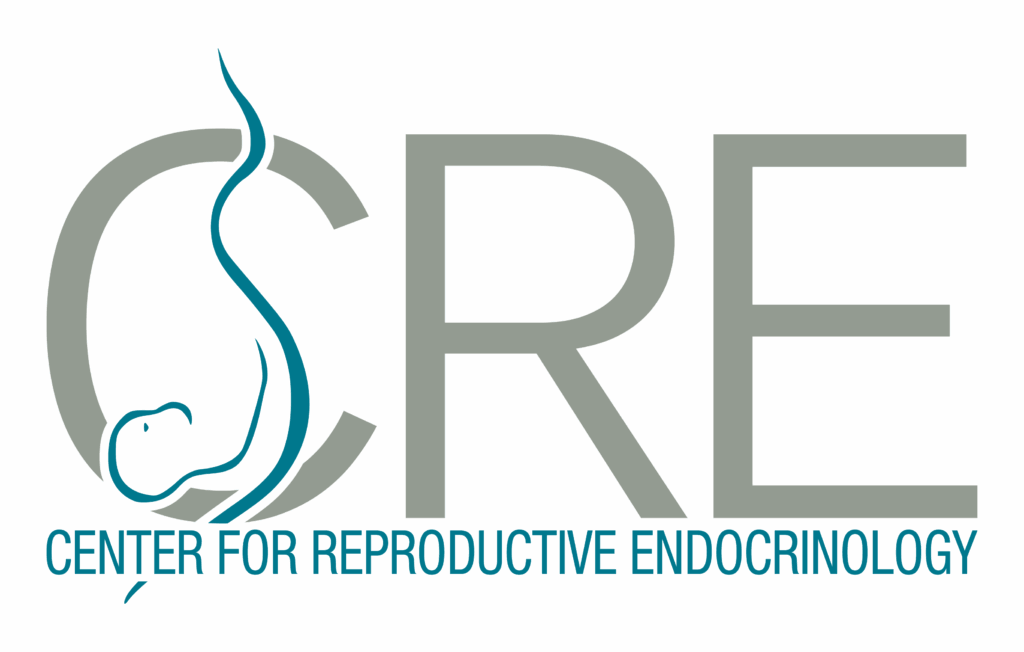Your family and friends may have told you countless times to “stop stressing out” and that “it would improve your chances of success” with in vitro fertilization (IVF) if you were less stressed. This may be completely inaccurate and probably makes you even more stressed. While stress may affect your production of stress hormones, the regularity of your menstrual cycles, and ultimately fertility itself, the relationship of stress with IVF outcome is unproven. In IVF, ovaries are stimulated and eggs are mechanically retrieved without relying on your natural menstrual cycle. Many studies have looked at the relationship between stress and IVF outcome and the results are mixed at best…the same way you would get a 50/50 result when tossing a coin. A Swedish study followed 166 women after their first IVF cycle and found no association between outcome and stress levels1.
I have had many patients who conceived that were emotional wrecks during the ten-day waiting time prior to their beta hCG pregnancy test results. Conversely, many who were calm did not conceive. While stress is a natural coping mechanism for infertility and IVF treatments, it does not affect the quality of your eggs at the molecular level. In the end, the ultimate limiting factor in reproduction is the stability of your eggs’ DNA, not your emotional state. Of course, stress is bothersome to most and it is helpful to learn coping strategies to suppress it and improve your quality of life. It will not, however, affect your IVF outcome. It is important to avoid feeling guilty, convinced that somehow you were responsible for any bad outcome of your IVF treatment. If history has taught us anything, it’s that high stress levels do not affect human fertility. Fertility or miscarriage rates are not affected by events around us. War prisoners, for example, do not have a higher chance of miscarriage or infertility than the non-prisoner population, and this is clearly a high stress environment. In the end, the “seeds” decide the outcome. I find that counseling my patients about the lack of negative effects actually helps reduce their stress level. In the end, stress declines to a large extent once the pregnancy is going well and a nice fetal heartbeat is detected at your six-and-a-half week ultrasound.
- Anderheim et al. Human Reproduction Vol. 20, No.10 (2005): 2969–2975

